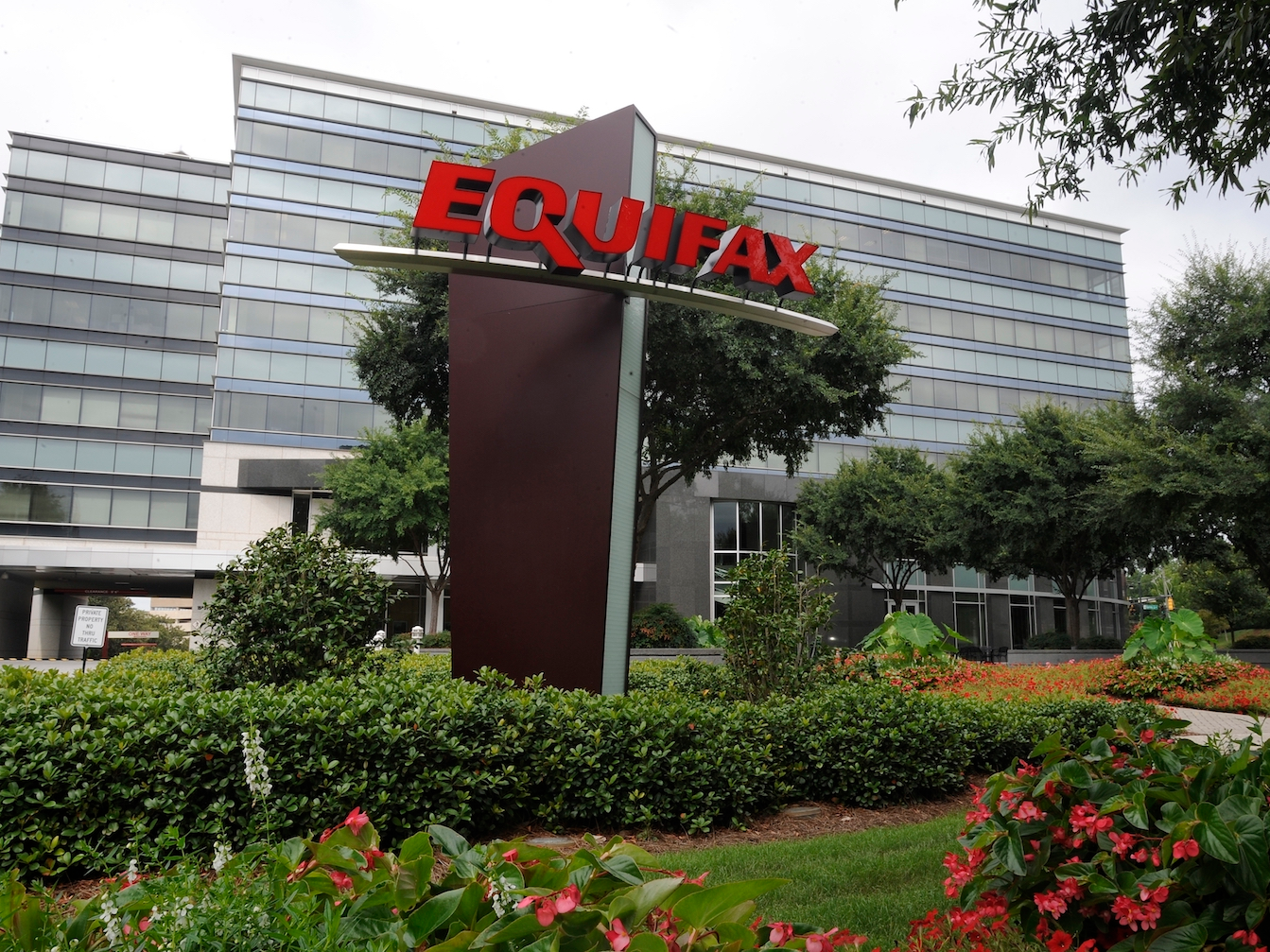- The three credit reporting bureaus – Experian, Equifax, and TransUnion- are allowing Americans to access their credit reports for free once per week during the coronavirus pandemic.
- Before now, Americans could access a report from each of the three bureaus only once a year, three times in total.
- The three companies will allow weekly access to free reports through AnnualCreditReport.com for a year starting April 20, 2020.
- Checking your credit report is the best way to keep errors off your account. It’s especially important for anyone who’s postponing bills, using more credit than usual, or applying for loans.
- Read more personal finance coverage »
With unemployment levels over 10%, and many Americans looking to take on debt to make ends meet during the coronavirus, checking your credit report has never been more important than it is now.
Credit reports list all open accounts, inquiries from credit applications, payment history, and any outstanding payments in collections. Three credit bureaus collect the data – Equifax, Experian, and TransUnion – and until now, they’ve each allowed Americans to access their credit report for free only once per year, three times in total.
But for the next year, they’ll let Americans check their credit report once per week.
The three credit reporting bureaus announced the plan in a joint statement on April 20. “We are uniting as an industry to help people know the facts about their financial data. We are making credit reports more accessible more often so people can better manage their finances and take necessary steps to protect their credit standing,” said Mark W. Begor, CEO of Equifax; Brian Cassin, CEO of Experian; and Chris Cartwright, CEO of TransUnion.
Report access is available starting immediately through Annualcreditreport.com, the site established for this purpose by the FTC.
Checking your credit is a smart habit to get into
Equifax's Beverly Anderson, the president of Global Consumer Solutions, previously told Business Insider that checking credit reports for errors is critical right now, especially if you're making payment arrangements with lenders. "If payments are late or missed, as long as the consumer and the lender have made the accommodation, then the lender will report the account as being current," she said, explaining a stipulation in the COVID-19 relief bill, the CARES Act, to protect credit.
"It will take a moment to figure out how to execute against what's been stipulated [by the CARES Act], so something's bound to slip through the cracks," Anderson said. The best way to make sure a mistake won't affect your credit is to check your report often. Each credit bureau compiles its own report, so it's possible you may spot an error (which you can dispute) on one, but not on the others.
Note that checking more often doesn't hurt your credit: When you check your report yourself, it's not considered a hard inquiry like a bank might make.
Even if you're not planning on delaying bills due to COVID-19 related unemployment, now is still a good time to check on your score. If you're using more credit than usual, check to see if the higher balances are affecting your credit score. If you're applying for new credit, like a personal loan or credit card, your credit report is equally important.
The free weekly reports on Annualcreditreport.com will continue for a year, until April 20, 2021.
- Read more on managing your money in this tumultuous time:
- 3 options for people struggling to pay their mortgage during the global health crisis
- 4 reasons to get disability insurance, even if you don't think you need it
- If you've been financially impacted by the coronavirus, you may be able to pause payments on these 8 bills
- How to get a stimulus check from the US government, which could pay up to $1,200 if you qualify
- In response to the coronavirus, credit card issuers like Amex and Capital One are letting customers skip payments without interest and more
